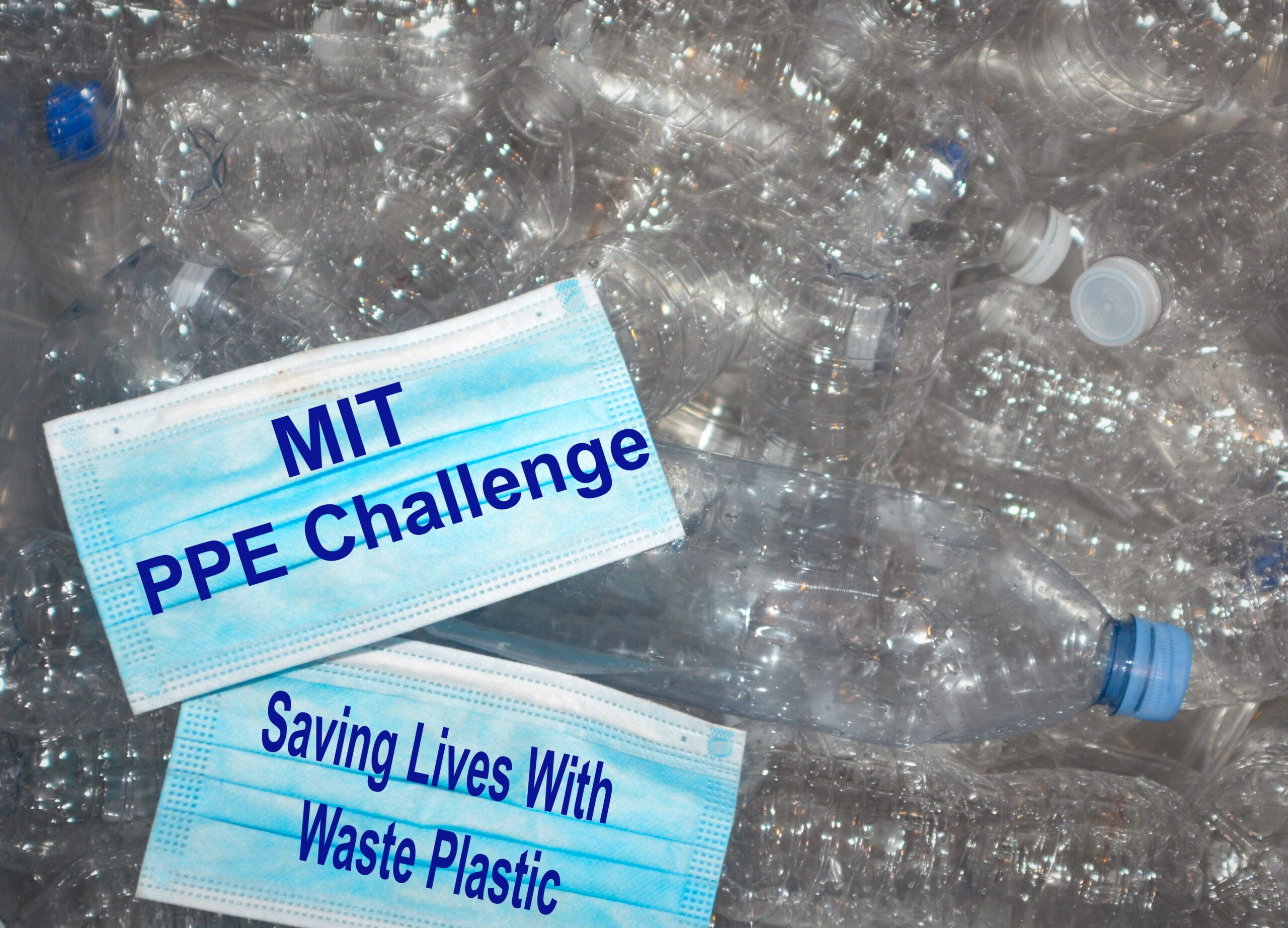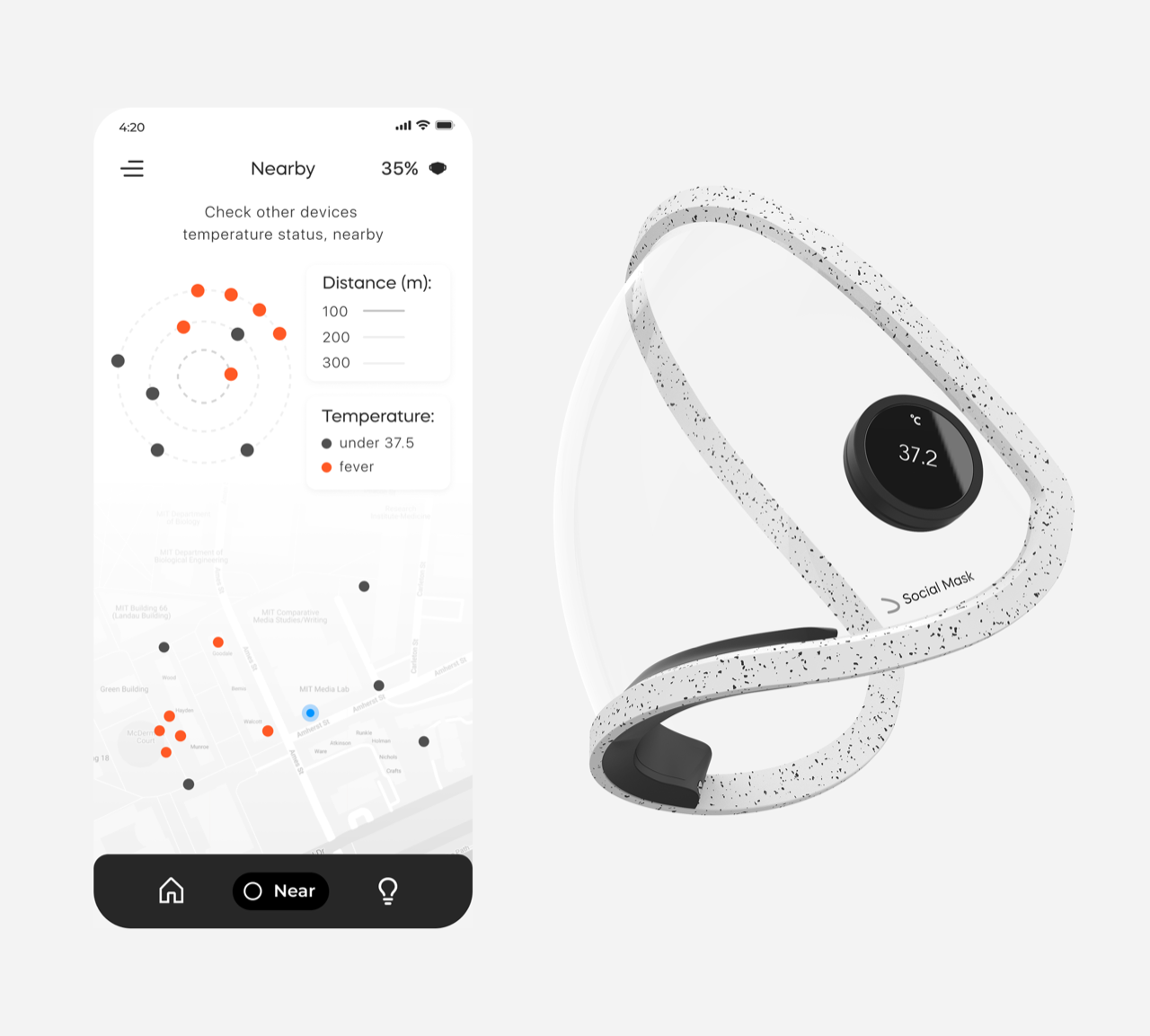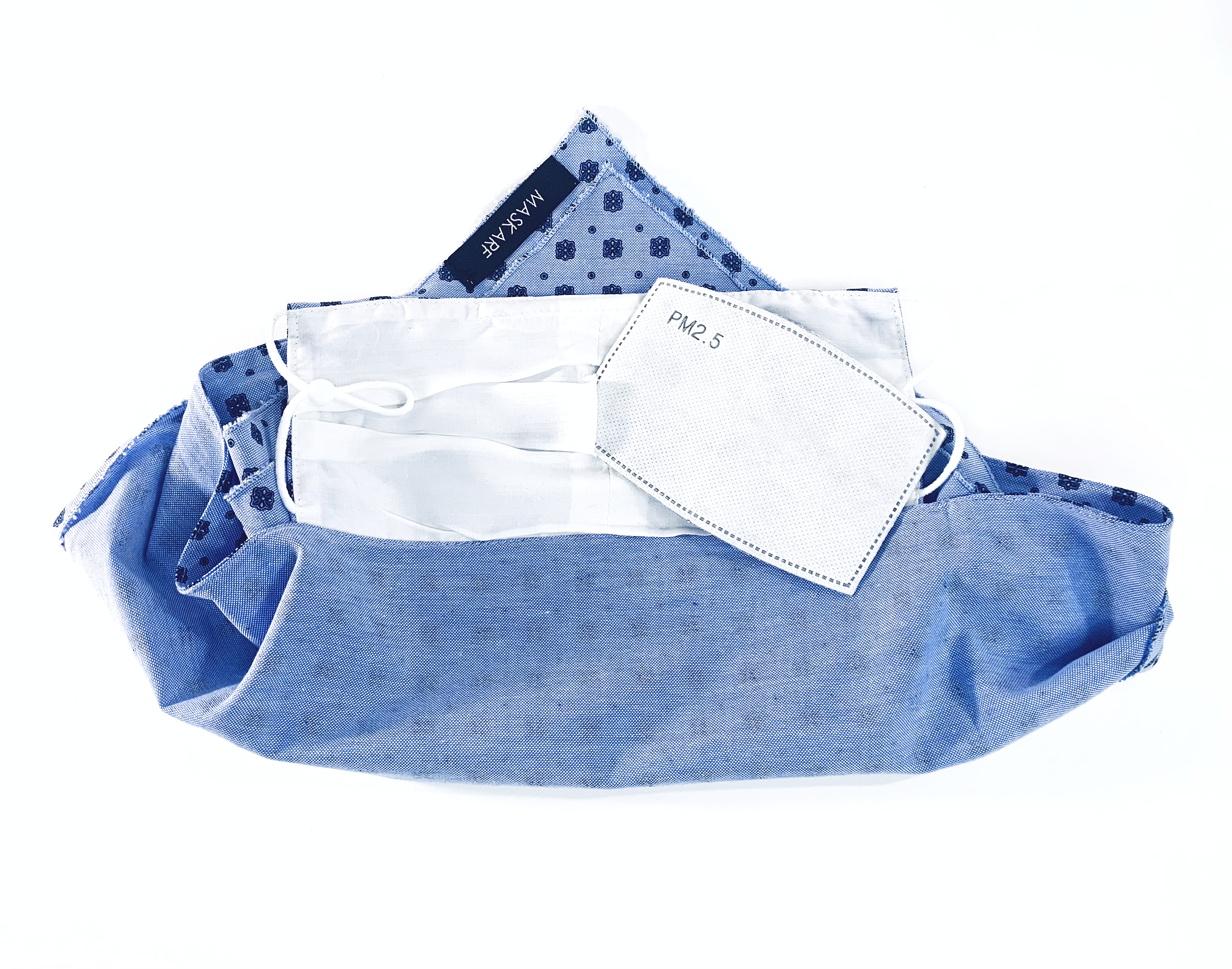
Innovative Face Masks and Medical-Grade Gowns to Combat COVID-19 and Future Pandemics:
Three most promising solutions selected by expert judges on MIT Pandemic Response CoLab
With the world battling the current COVID-19 outbreak, a new project at MIT seeks to develop innovative solutions to fight this and future pandemics.
The Pandemic Response CoLab is a joint project by the MIT Center for Collective Intelligence (CCI), MIT Media Lab’s Community Biotechnology Initiative, and founding member MilliporeSigma, the life science business of Merck KGaA, Darmstadt, Germany. The Pandemic Response CoLab is an open, online collaboration platform which invites anyone, from individuals to groups, from communities to businesses, to develop actionable solutions for challenges presented by the COVID-19 pandemic.
“A global challenge like the pandemic necessitates global solutions,” said David Kong, Director of the MIT Media Lab’s Community Biotechnology Initiative and co-founder of the CoLab platform. “We are excited to utilize the Pandemic Response CoLab to channel the creativity and innovation of diverse communities all around the world toward addressing the myriad challenges we face arising from the pandemic.”
Submissions to the challenges are evaluated by selected experts; the most influential, innovative solutions selected by the judges are called the Judges‘ Choice and have the opportunity to receive sponsor-donated incentives. Additionally, platform users vote on a favorite solution and the idea with the highest votes is named the Community Choice.
The platform recently announced the winners of the Pandemic Response CoLab global “Reimagining face coverings and PPE challenge”. This challenge was judged by five experts developing new technologies, designs and adoption strategies for face masks and PPE: Yuly Fuentes (Project Manager for Fiber Technologies & Research Advisor to MITii), Erin Robertson (Fashion Scientist, winner of Project Runway Season 15), Kinjaz (Los Angeles based dance crew), David Beattie (Head of Bioprocessing Research and Development at MilliporeSigma), and Paul Leu (Director of Laboratory for Advanced Materials at Pittsburgh).
“Maintaining today’s face mask and PPE functionalities while increasing their wear-ability and creative sourcing is the most scientifically sound method to prevent viral transmission and increase adoption,” said David Beattie, head of Bioprocessing Research & Development at MilliporeSigma and expert judge for this challenge. “We look forward to helping move the finalists’ ideas forward to potentially become the next pandemic response solutions.”
The Judges‘ Choice winners are:
- Sourcing Polyethylene Terephthalate (PET) from single-use plastic waste in African landfills to manufacture medical-grade gowns. This idea was developed by Katelynn Salmon and Moses Zeidan. The leading contributor to plastic waste in African landfills is single-use drinking bottles made of PET. The strength, chemical stability and fluid resistance that make the polymer a popular choice for beverage companies also make it a standard material for the production of medical-grade gowns. Using the waste in this way not only gives the material a second use, but also can lower the cost of gown-making.
- A “smart” face mask that integrates temperature sensors and a filter ventilation system. The Social Mask solution was contributed by Burzo Ciprian. This type of face mask pairs with a mobile device application to check the wearer’s proximity to other users and determine the possibility of viral infection. With an emphasis on a modern, lightweight look and feel, the face mask would be made of materials like polycarbonate or polypropylene to accommodate for allergies while maintaining functionality.
- Sustainable, lightweight materials to transform face masks into versatile yet functional scarf-like accessories, contributed by Monica Berger. This face mask, called Maskarf, would incorporate biosensors, eco-friendly fabric, a removable charcoal filter, nose bridge wire and adjustable straps to improve fit, make the face mask easier to wear while a person is exercising and balance functionality with fashion considerations.
The most popular Community Choice with 314 votes is:
- Fashionable, customizable face masks which are reusable and washable. This idea was developed by Aditi Chadha as part of a sustainability initiative. Face masks would come in different styles and sizes, and could even be adjusted for individuals with hearing disabilities or individuals wearing turbans. The factory for these face masks is located in India and supports the local community by training and providing a sustainable source of livelihood to female tailors/artisans.
Visit the Pandemic CoLab to learn more about these solutions and to participate in other challenges.



